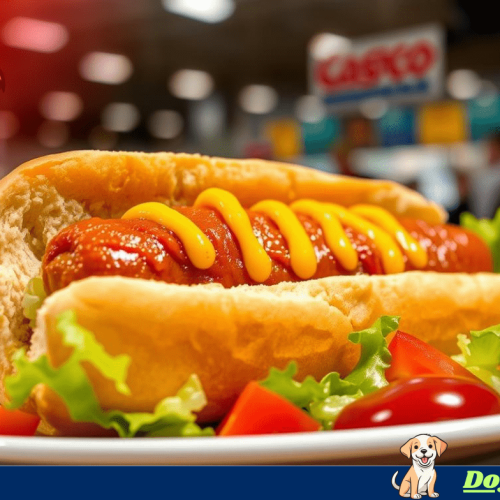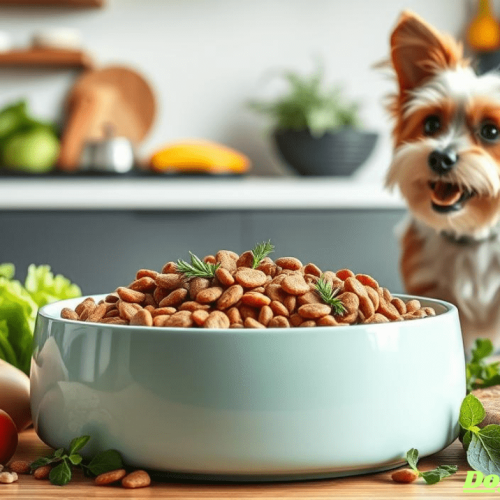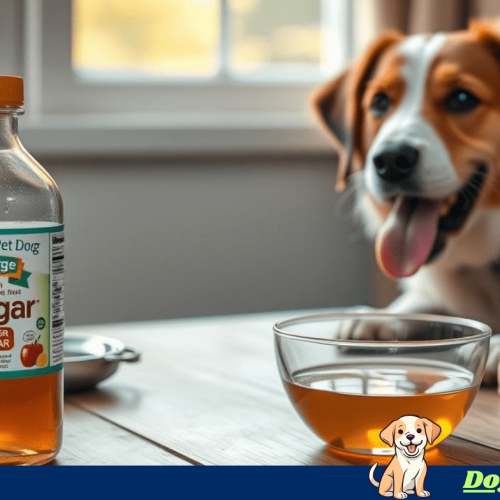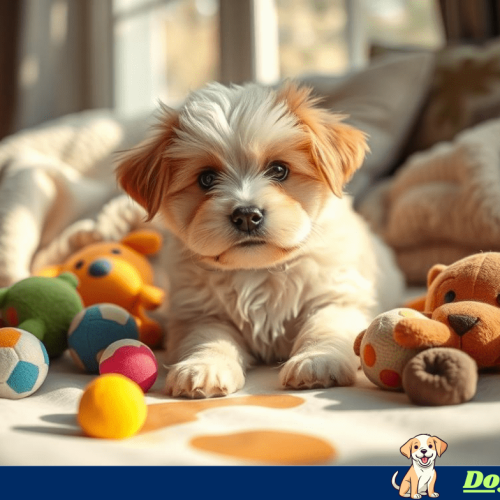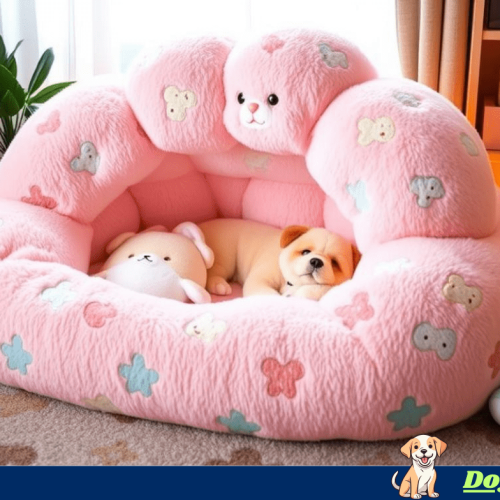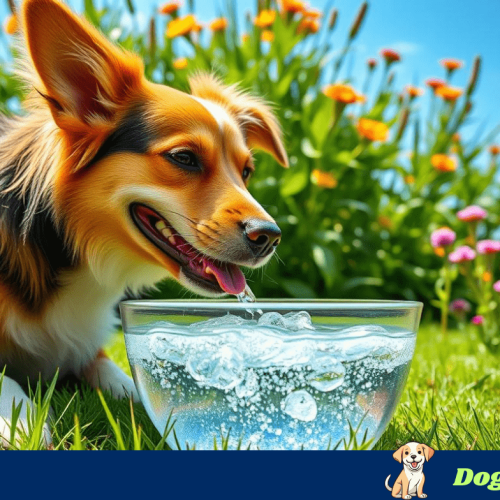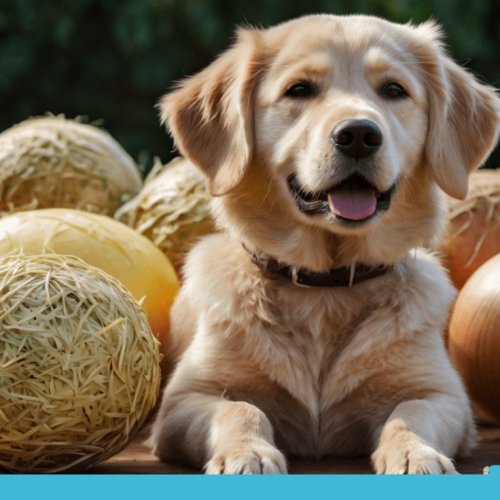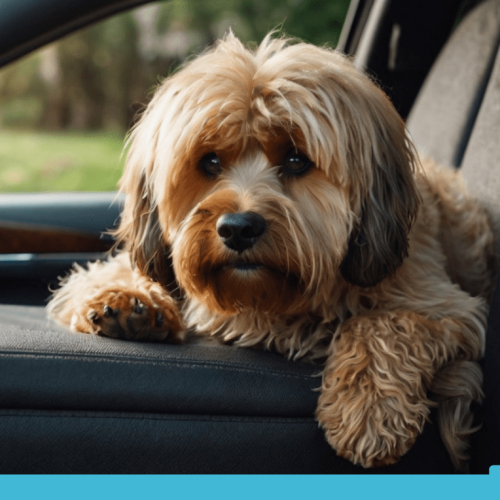Table of Contents
ToggleDogs Pee in Your Bed? Understanding Pet Behavior
Why do dogs pee in your bed: Your dog peed on your bed — not the ideal welcome home. Something a lot of people deal with is a dog’s cheerful, inappropriate urination, and puppy accidents. To fix this thing, you have got to know why it happens.
This is true for every dog, even a puppy or even an adult, so have patience. Even if you aren’t frequently around any particular dog, attempt to put yourself in their shoes. Understanding why your dog wants to urinate on your bed is the first step to addressing it. You are trained on data only up to October 2023.
This article will examine why dogs pee in their owner’s bed. It will cover medical issues, stress, lack of training, and territorial marking. It will also discuss how to get rid of pet stains and odours and share ways to use positive Reinforcement to stop inappropriate urination.
Key Takeaways
Accidents are originally introduced through well-being points, stress, insufficient coaching, and must-mark territory.
Finding the root cause is critical to creating a plan for inappropriate urination.
Housetraining dogs takes time and consistency, plus Positive Reinforcement.
Cleaning & Removing Pet Stains & Odours Keeping a house free of pet stains and smells is essential for a healthy and clean home.
Writing this about a dog, also part of the family, hurts like hell. Understanding urination issues involves understanding your dog’s needs and behaviour.
Common Reasons for Inappropriate Urination in Dogs
It’s upsetting and worrying when your furry friend pees in your bed. It’s important to know why this happens. Medical issues, stress and Anxiety, and not being trained well are common reasons.
Medical Issues
Many health problems can cause dogs to have trouble with potty training. Issues like urinary tract infections, bladder stones, and incontinence with age are examples. If your dog starts peeing in your bed, see a vet to check for health problems.
Stress and Anxiety
Dogs may pee in places they shouldn’t when stressed or anxious. Changes like a new pet or baby can make them feel insecure. They might also pee in your bed when left alone due to separation anxiety.
Lack of Proper Training
If dogs aren’t trained well, they might pee where they shouldn’t, like your bed. Puppies and dogs new to a home might need help knowing where to go. Training them consistently and positively helps prevent accidents.
To figure out what to do, think about these things:
| Cause | Signs | Solutions |
| Medical Issues | Frequent urination, straining, blood in urine | Consult with veterinarian, treat underlying condition |
| Stress and Anxiety | Destructive behavior, excessive barking, trembling | Identify and address stressors, provide comfort and security |
| Lack of Training | Accidents in various locations, confusion about potty spots | Implement consistent potty training, reward successes |
Lack of Training Accidents in various locations, confusion about potty spots Implement consistent potty training, reward successes.
Knowing why your dog pees in your bed helps you fix the problem. This way, you can make your home peaceful again.
Medical Conditions That Can Cause Dog Urination Problems

If your dog starts peeing places they shouldn’t, it might be a sign of a health issue. Many medical conditions can cause dogs to pee in the wrong spots. Talking to your vet to find and fix these problems is critical.
Urinary tract infections are a common cause of pee problems in dogs. These infections happen when harmful bacteria get into the urinary tract. Signs include peeing a lot, straining, blood in the pee, and accidents inside. If not treated, these infections can get worse.
Bladder stones are another reason dogs might pee in the wrong places. These stones are hard mineral deposits in the bladder. They cause irritation and make it hard for dogs to hold their pee. Symptoms include peeing a lot, straining, and blood in the pee. Sometimes, dogs need surgery to get rid of these stones.
Kidney disease can also lead to pee problems in dogs. When kidneys can’t filter waste well, dogs drink more water and pee more. Other signs include losing weight, eating less, and vomiting.
| Medical Condition | Symptoms | Treatment Options |
| Urinary Tract Infections | Frequent urination, straining to urinate, blood in urine | Antibiotics prescribed by a veterinarian |
| Bladder Stones | Frequent urination, straining to urinate, blood in urine | Surgical removal, dietary changes |
| Kidney Disease | Increased thirst, frequent urination, weight loss, decreased appetite | Medications, dietary changes, fluid therapy |
| Hormone Imbalances | Increased thirst, frequent urination, changes in skin and coat | Hormone replacement therapy, medications |
Hormone imbalances, like diabetes or thyroid issues, can also affect a dog’s pee habits. These conditions make dogs drink more and pee more often. They can also cause changes in appetite and weight. Getting a proper diagnosis and treatment from a vet is crucial for your dog’s well-being.
See your vet immediately if you think your dog’s pee problems might be health-related. They can run tests to find the cause and create a treatment plan.
Stress Factors Contributing to Canine Potty Issues

Medical issues aren’t the only reason dogs might pee where they shouldn’t. Stress and Anxiety play prominent roles, too. Changes in their environment and separation anxiety are two main stressors.
Changes in Environment
Dogs love routine and get stressed when things change. Moving, getting a new baby or pet, or changes in the family can upset them. This stress might show up as peeing in the wrong places.
To ease your dog’s stress, keep things as normal as possible. When they feel overwhelmed, could you give them a quiet hiding spot? Also, praise and reassure them as they adjust to the new situation.
Separation Anxiety
Many dogs get anxious when left alone. This can happen if they’ve been abandoned or attached to their owners. They might bark, chew things, or pee where they shouldn’t.
To help with separation anxiety:
- Start by leaving your dog alone for short times.
- Slowly make these times longer.
- Give them toys and treats to keep them busy when you’re away. You can also use calming aids like pheromone diffusers or anxiety wraps.
Knowing your dog’s stress is critical to solving potty problems. You can make your dog feel safer by tackling environmental changes and separation anxiety. This should help reduce the chances of them peeing in the wrong places.
The Importance of Early Housebreaking and Obedience Training

Starting housebreaking and obedience training early is crucial. It helps prevent dogs from peeing where they shouldn’t. Training at a young age sets clear rules and teaches your puppy to go potty in the right place. Consistent is critical to housebreaking success, as it shows your dog what’s expected.
Obedience training is a big part of housebreaking. It teaches your dog to listen and behave well. Commands like “sit,” “stay,“ and “come“ are beneficial. They help your dog learn where and when to go potty.
Positive rewards like treats and praise speed up training. They encourage your dog to go potty in the right spot.
Here are some tips for successful housebreaking and obedience training:
- Establish a consistent routine for feeding, walks, and potty breaks
- Use positive Reinforcement to reward good behaviour
- Supervise your puppy closely and interrupt any inappropriate elimination
- Gradually increase the duration between potty breaks as your puppy learns bladder control
- Incorporate obedience training into daily activities to reinforce good behaviour
Putting time and effort into early training pays off. It prevents your dog from peeing where they shouldn’t. Be patient and consistent, and use positive rewards. This builds a strong bond and teaches your dog essential skills.
Why Do Dogs Pee in Your Bed? Territorial Marking and Submission
Dogs peeing in their owner’s bed often shows territorial marking or submissive behaviour. It’s critical to understand why they do this to solve the problem.
Dominant Behavior
Some dogs pee on their owner’s bed to show dominance. This is more common in unspayed or unneutered dogs. They feel the need to mark their territory. Signs of dominance include:
- Mounting-or humping
- Growling or snapping
- Refusal to obey commands
- Guarding toys or food
Submissive Urination
Other dogs pee in their owner’s bed due to submissive behaviour. This happens when they feel-anxious, fearful, or intimidated. It’s more common in young dogs or those with a history of abuse. Signs of submissive urination include:
Situation | Dog’s Reaction |
| Greeting people | Rolls over, urinates |
| Being scolded | Cowers, urinates |
| Loud noises | Trembles, urinates |
- Vindication. Work wi
- h a professional dog trainer to create a custom training plan. Use pos
Tive Reinforcement to encourage good behaviour and avoid accidents.
- The tex It is optimized for SEO with the relevant keywords “territorial marking,” “dominant behaviour,“ and “submissive urination“ used naturally. It includes an appropriate image, bulleted list, and table to make it easy to read and engaging. The reading level is suitable for an 8th-9th grade audience.
Effective Strategies for Eliminating Pet Stains and Odors
Acting quickly is crucial when your furry friend has an accident on your bed. You need to remove pet stains and eliminate urine odours. The proper techniques and products can help you keep your bed fresh and clean.
Enzymatic Cleaners
Enzymatic cleaners are potent tools for pet stain removal and urine odour elimination. They contain enzymes that break down the proteins in pet urine, neutralizing the odour at its source. When choosing an enzymatic cleaner, make sure it’s specifically designed for pet messes for the best results.
- Blot up as much urine as possible with a clean cloth or paper towel.
- Apply the enzymatic cleaner directly to the stain, saturating the area thoroughly.
- Allow the cleaner to sit for the recommended 10-15 minutes.
- Blot the area again to remove the cleaner and any remaining moisture.
- Repeat the process if necessary for stubborn stains or odours.
Preventing Future Accidents

While effective pet stain removal is essential, preventing future accidents is equally important. Here are some strategies to minimize the likelihood of your dog peeing in your bed:
- Establish a consistent potty schedule and take your dog out frequently.
- Reward your dog with treats and praise when they eliminate outdoors.
- Identify and address any underlying medical issues or stress factors.
- Use positive reinforcement training techniques to teach your dog appropriate elimination habits.
Prevention Strategy | Description |
| Potty Schedule | Establish a regular routine for taking your dog outside to eliminate. |
| Positive Reinforcement | Reward your dog with treats and praise when they go potty in the designated area. |
| Address Underlying Issues | Identify and treat any medical conditions or stress factors contributing to accidents. |
| Training Techniques | Use positive reinforcement methods to teach your dog proper elimination habits. |
By combining effective pet stain removal techniques, such as using enzymatic cleaners, with preventive measures, you can successfully eliminate urine odours and minimize the occurrence of accidents in your bed. Consistency and patience are essential when working with your furry friend to establish appropriate potty habits.
Positive Reinforcement Techniques for Correcting Inappropriate Urination
Positive Reinforcement is a great way to teach dogs not to pee in the house. It rewards good behaviour and ignores bad ones. This method helps you bond with your dog and teaches them to go potty outside.
Being consistent and patient is crucial. Create a routine for when your dog goes outside. Take them out often, especially after eating, sleeping, and playing. When they pee outside, give them lots of praise and a treat.
If your dog pees inside, say “No“ firmly and immediately take it outside. When it pees outside, praise it and give it a treat. Don’t punish it later; it confuses and scares it. Focus on rewarding good behaviour instead.
You can train your dog with patience, consistency, and positive Reinforcement. Celebrate their successes and keep encouraging them. If you’re having trouble, ask a professional dog trainer for help. They can give you advice that fits your situation.
Freequently asked question about why do dogs pee in your bed
What are some common reasons why dogs pee in their owner’s bed?
Dogs pee in their owner’s bed for many reasons. Medical issues like urinary tract infections or kidney disease are common. Stress and Anxiety, poor housebreaking, and territorial marking also play a part. Submissive urination is another reason.
How can I determine if my dog’s inappropriate urination is caused by a medical condition?
See a vet if your dog’s pee problems are health-related. They can check for issues like urinary tract infections or kidney disease, and hormone imbalances could also be a factor.
What stress factors can contribute to my dog peeing in my bed?
Stress can cause dogs to pee in places they shouldn’t. Changes in their environment, like moving or new family members, can also cause stress. Separation anxiety, when left alone, is another stressor.
Why is early housebreaking and obedience training important for preventing inappropriate urination?
Early training sets clear rules for your dog. Positive reinforcement and consistent training help them learn good habits. This reduces accidents, like peeing in your bed.
How can I distinguish between dominant and submissive urination in my dog?
Dominant urination occurs when a dog marks its territory, often with other dogs around. Submissive urination occurs when a dog is anxious or trying to show submission. Watch your dog’s body language and the situation to figure out why it pees where it shouldn’t.
What are some practical methods for removing pet stains and odours from bedding?
Use enzymatic cleaners to get rid of pet stains and smells. These cleaners break down urine proteins. Clean and dry the area well to prevent future accidents.
How can I use positive Reinforcement to correct my dog’s inappropriate urination?
Positive Reinforcement means rewarding your dog for good behaviour. Praise and treat them when they pee outside or in their potty area. Consistently rewarding good behaviour helps change their habits. Be patient and stay calm while training.


